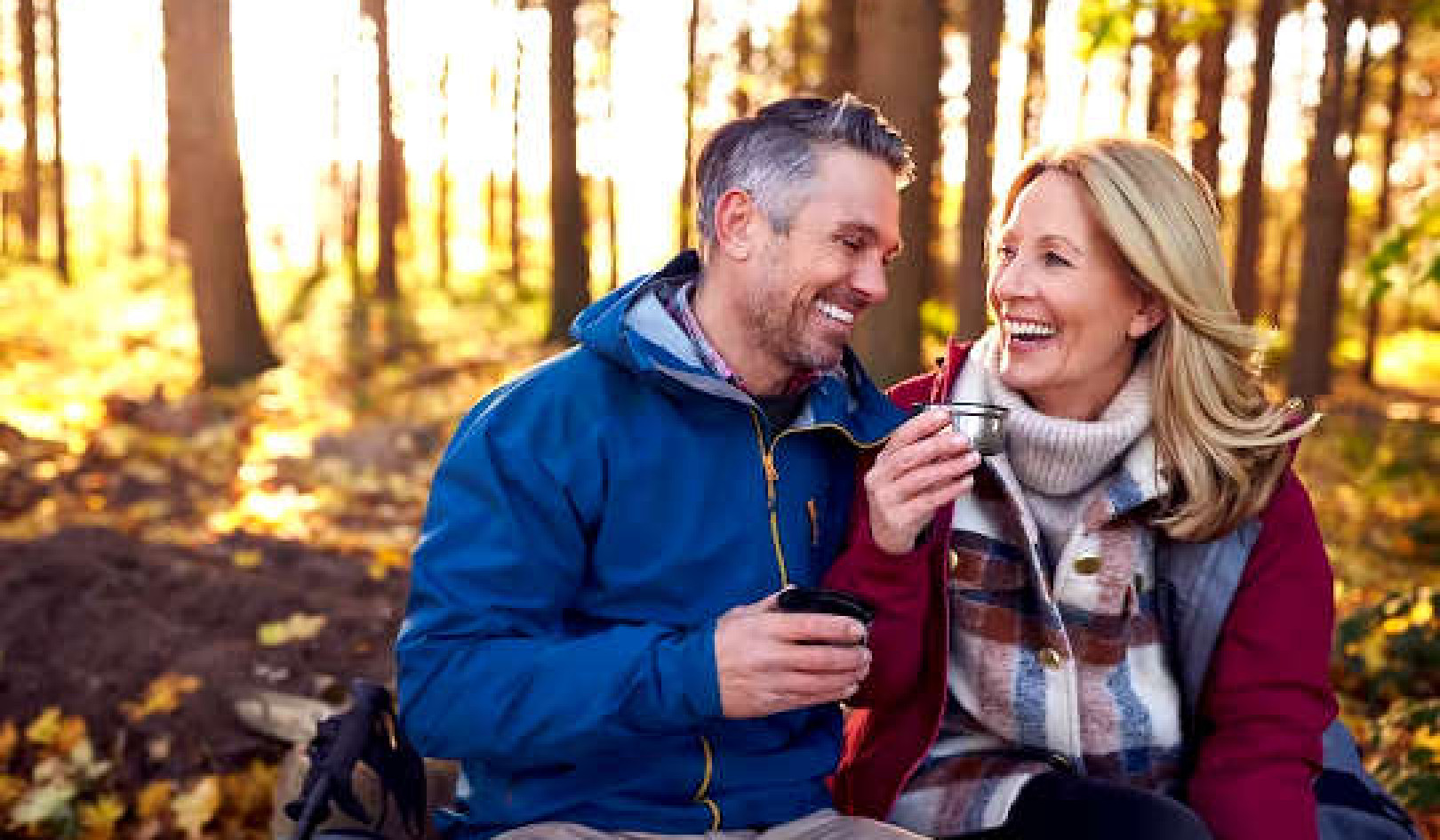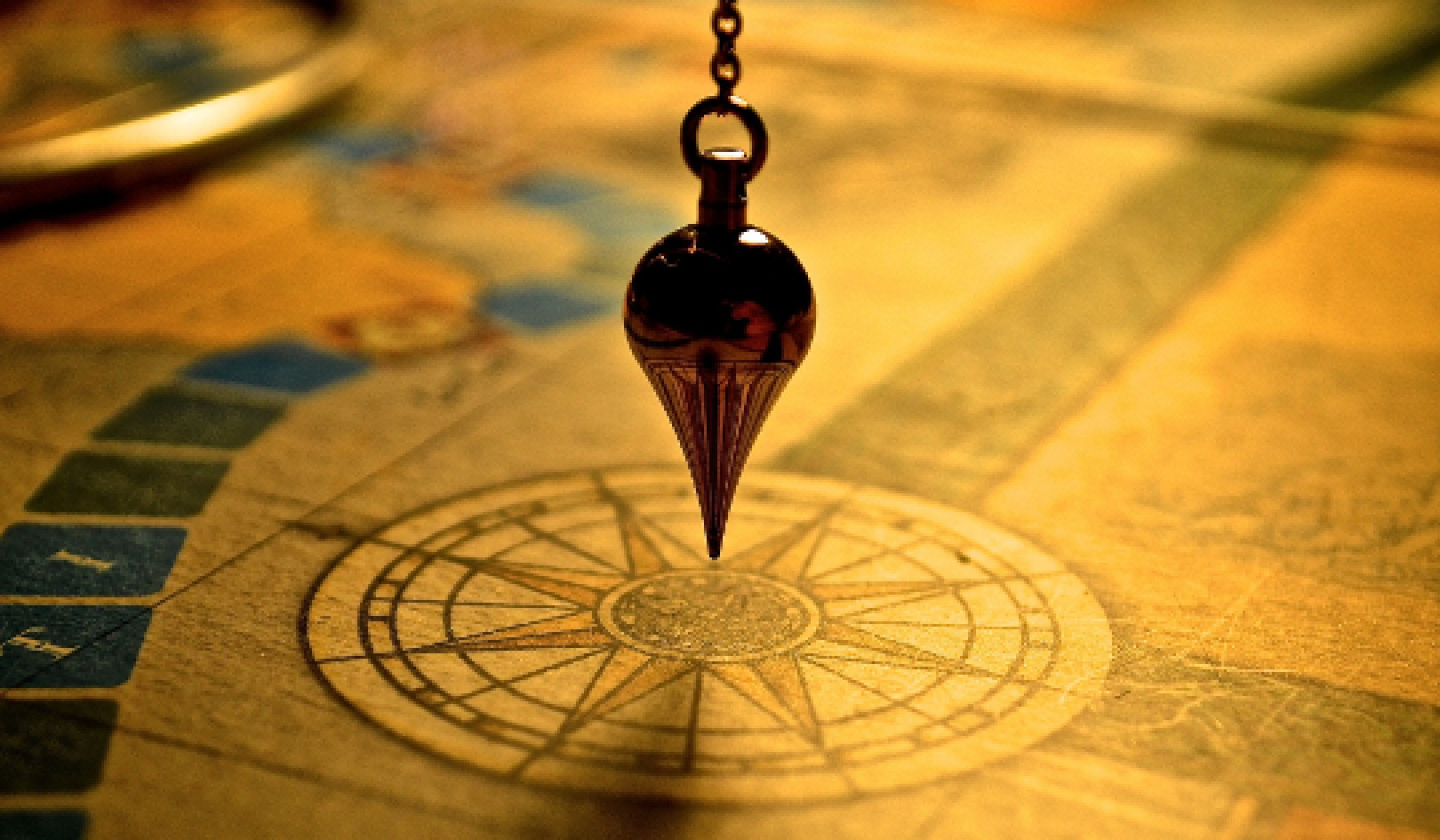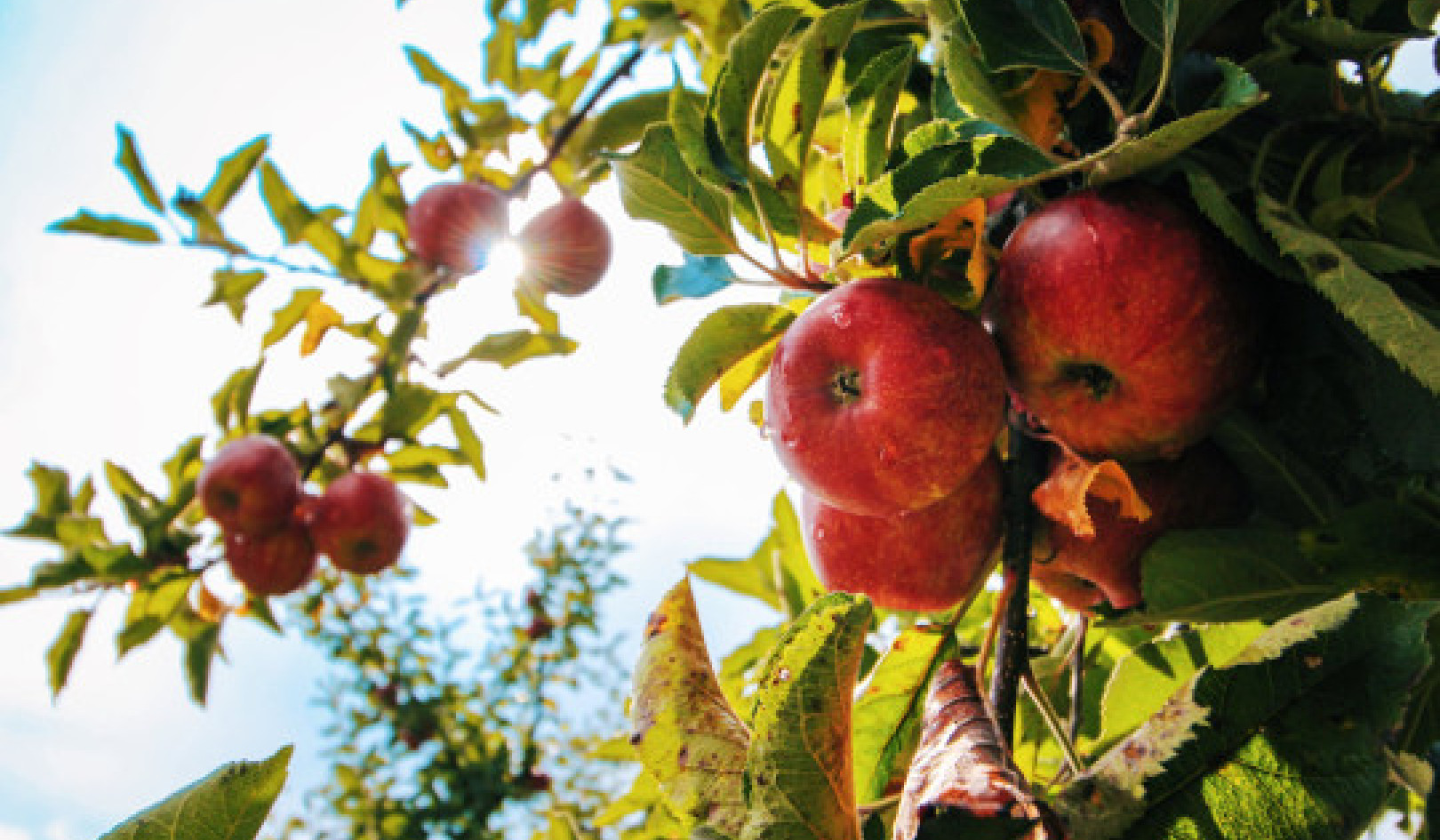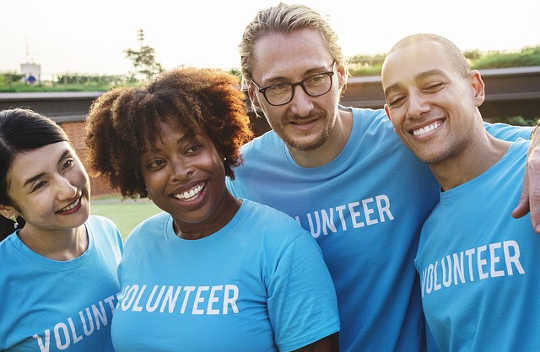
Image by rawpixel
As I was reflecting the other day on love -- loving ourselves, loving our neighbor, loving the world itself -- it came to me that with all the "stigma" attached to the word love, sometimes we may be at a loss as to what it really means.
Love has been portrayed as sex, as martyrdom, as self-aggrandizement, or as co-dependence. Thus when we speak of loving ourselves or loving others, we may be unclear at to exactly what that means. Is it selfish, is it narcissistic, is it conditional? What exactly is "loving ourselves"?
A much simpler way, and maybe a more understandable way, to express that goal or vision is simply to say "Be Kind". Think about it, when we are kind to someone we are definitely not unloving and when we are kind to ourselves, that is loving ourselves. When we are kind to the Earth, we are demonstrating love in action.
Be Kind To Your Neighbor and To Yourself
Maybe, rather than trying to practice love thy neighbor as thyself, we could better understand and practice, be kind to your neighbor and to yourself.
Be Kind. Now we all know what that means. Being kind has no connotations, as love can have, of sexuality or martyrdom. Being kind is simply that -- being kind to others, being kind to ourselves.
For me, coming to this realization just made loving myself and loving my neighbor a whole lot simpler. I just have to "be kind" to myself and to "be kind" to my neighbor. I can focus on having kind thoughts, kind motives, and kind actions.
Random Acts of Kindness
You may remember some years back a movement started having to do with practicing Random Acts of Kindness. This involved such things as putting money into parking meters when you saw they were about to run out of minutes -- even if you had no idea whose car it was that you saving from a parking ticket. It also involved paying for the person behind you when you got to the toll booth.
Practicing random acts of kindness has to do with being kind to people without expecting any reward or thanks. Being kind to strangers. Being kind just to be kind -- not because someone expected it of you, or because you felt guilty. It is simply an act of kindness, and act of love - unselfish, unwarranted, unexpected, and maybe unrewarded. Except we then find that kindness is its own reward. We feel good because we know we "did good". We feel satisfied, because we know we acted from the heart.
Kindness comes from the heart. If it comes from the head it may be more of an analytical decision, such as, I will be kind to this person so they will in turn do me a favor. That may appear like kindness on the outside, but you know that your motivation is not selfless. Kindness toward others is not for the self, it is for the other.
Yet even kindness that starts with a selfish motive can help others. It may be a case of "fake it till you make it". Maybe at first, we're kind because we know, or we hope, that we'll get something out of it. But as time goes by, we learn that being kind is its own reward. It creates endorphins (happy hormones) in our body. It makes us feel like we did something good and thus we feel good. While kindness is done without expecting a reward, when it is done unselfishly, it brings great rewards - inner peace, happiness, and satisfaction of a deed well done.
Put A Little Kindness in Your Heart
We all certainly can use more kindness in our lives. When we eat foods that we know are harmful to our health and well-being, are we being kind to our body, to ourselves? When we insult someone, or hold a grudge and seethe with resentment, are we being kind -- either to ourselves or to them? After all, holding on to anger raises our blood pressure, increases our stress levels, and creates havoc in our own body - never mind the effect on the peace and harmony in the room.
The question to ask ourselves as we go about our day is "Am I Being Kind?" The other day, as I sat with a friend, I started teasing her about something. As I did so, all of a sudden I realized that I wasn't being kind. Oops. Now, my goal is to remember, before I respond with anger or impatience, or even teasingly, to ask myself "Am I being kind?"
I find that a lot of things that I "normally" thought were fine (even jokes about our government officials) are not kind. So I rephrase my thoughts or words to be kind -- honest, but kind. It makes me feel better about myself when I'm being kind and I'm sure it makes the people around me feel better as well.
Am I Being Kind?
If we look at many of our actions and ask "Am I being kind?" we can discover a whole set of ethics to live by. Littering? Not kind. Driving recklessly? Not kind. Eating junk food? Not kind for our body. Going around in a bad mood? Not kind to ourselves or to others. Gossiping? Definitely not kind. And the list goes on and on...
Here's to all of us practicing being kind to each other, to ourselves, and to our Mother Earth. A little kindness can go a long way in healing the ache in our heart and the divide between people and planet.
RECOMMENDED BOOK:
Random Acts of Kindness
by Dawna Markova.
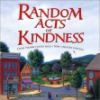 Named a USA Today Best Bet for Educators, this is a book that encourages grace through the smallest gestures. The inspiration for the kindness movement, Random Acts of Kindness is an antidote for a weary world. Its true stories, thoughtful quotations, and suggestions for generosity inspire readers to live more compassionately in this beautiful new edition.
Named a USA Today Best Bet for Educators, this is a book that encourages grace through the smallest gestures. The inspiration for the kindness movement, Random Acts of Kindness is an antidote for a weary world. Its true stories, thoughtful quotations, and suggestions for generosity inspire readers to live more compassionately in this beautiful new edition.
Info/Order this book. Also available as an audiobook.
About The Author
 Marie T. Russell is the founder of InnerSelf Magazine (founded 1985). She also produced and hosted a weekly South Florida radio broadcast, Inner Power, from 1992-1995 which focused on themes such as self-esteem, personal growth, and well-being. Her articles focus on transformation and reconnecting with our own inner source of joy and creativity.
Marie T. Russell is the founder of InnerSelf Magazine (founded 1985). She also produced and hosted a weekly South Florida radio broadcast, Inner Power, from 1992-1995 which focused on themes such as self-esteem, personal growth, and well-being. Her articles focus on transformation and reconnecting with our own inner source of joy and creativity.
Creative Commons 3.0: This article is licensed under a Creative Commons Attribution-Share Alike 4.0 License. Attribute the author: Marie T. Russell, InnerSelf.com. Link back to the article: This article originally appeared on InnerSelf.com

























